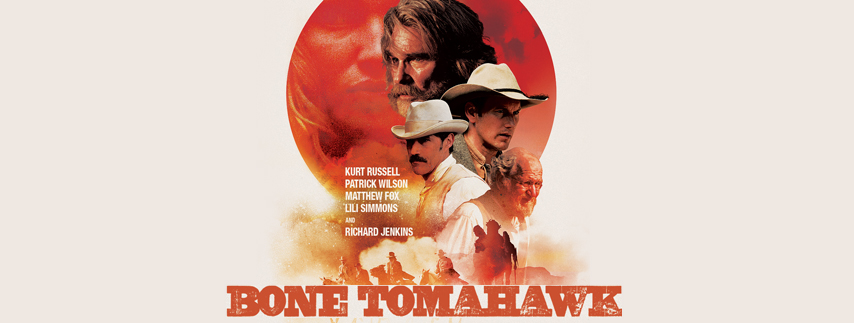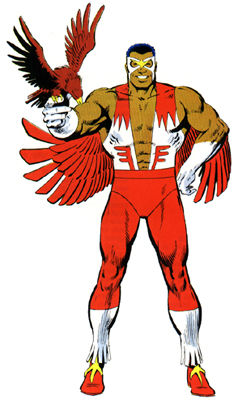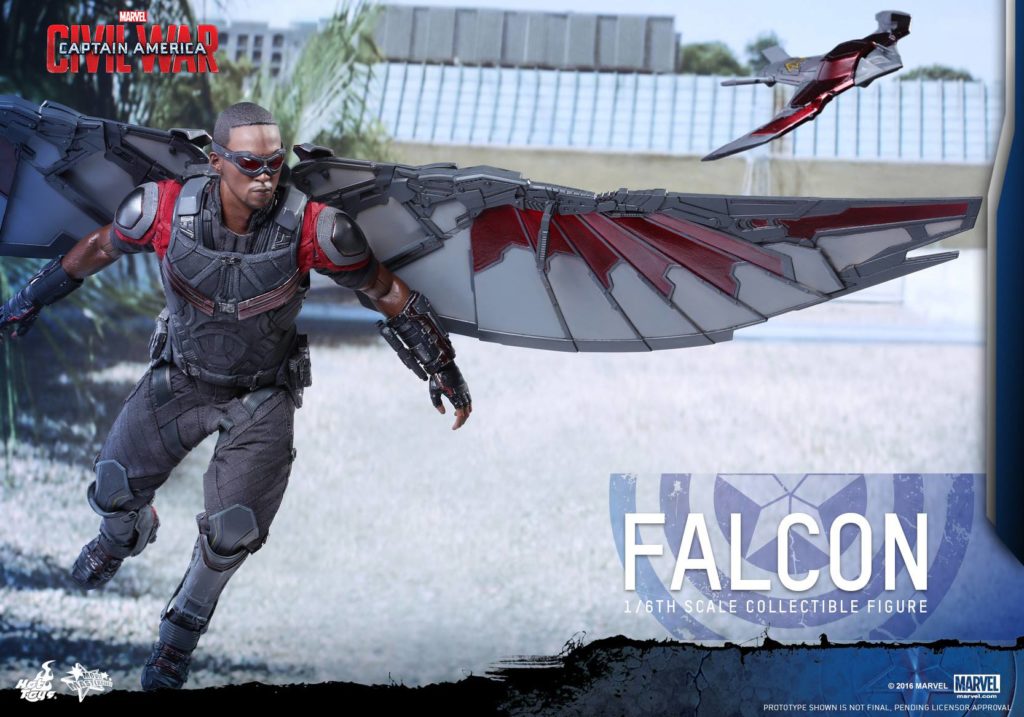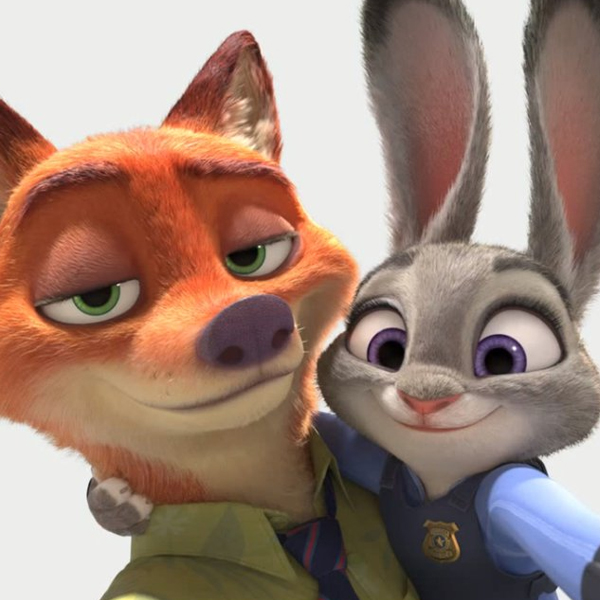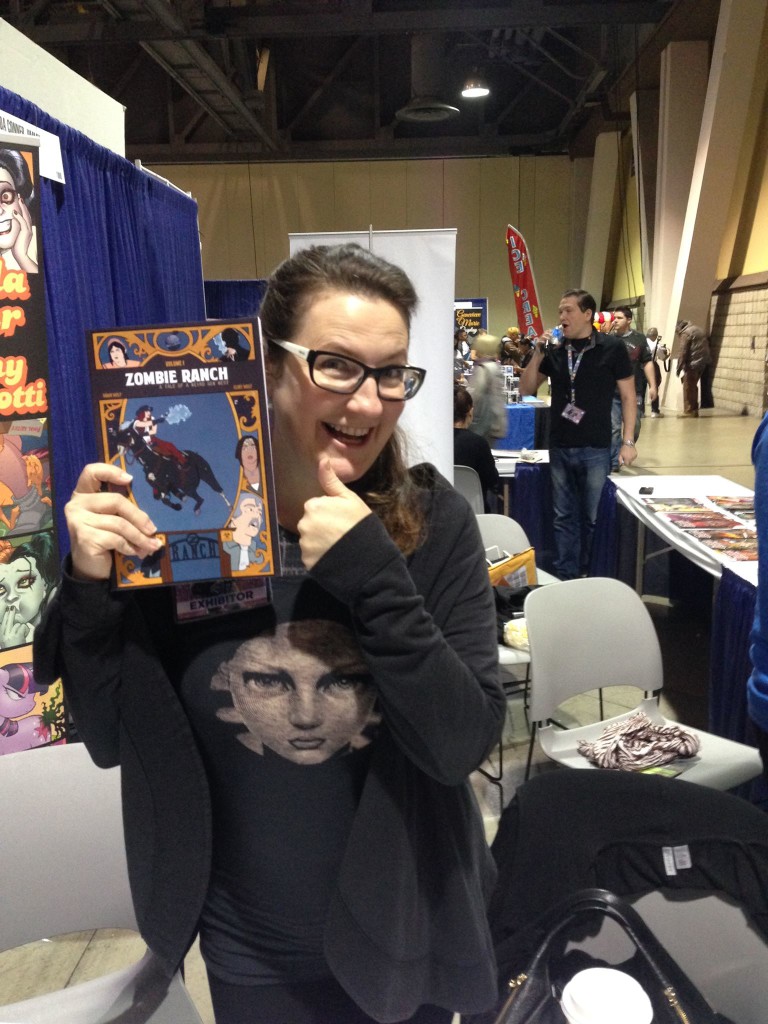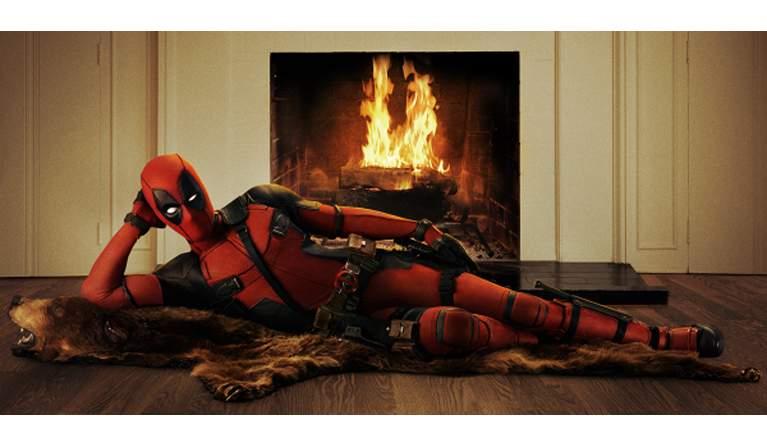
This past Friday night, Dawn and I bought tickets at our local AMC multiplex, nipped over to the Dave & Buster’s bar across the way for a few drinks, and then settled back to catch a showing of Deadpool, which we’d been tentatively excited for ever since that leaked test footage spilled onto the Internet on the last day of San Diego Comic-Con 2014.
Without that leak, the source of which remains most likely (but not provably) the star, the director, and/or the two writers, the movie might never have been made. Director Tim Miller has gone on record as saying 20th Century Fox in 2011 was prepared to just sit on the script and quite literally told him, “We don’t get it.”
Fast forward to the footage leak exploding the Internet as nearly everyone who saw it cried, “THAT is the Deadpool I know! Put him in my eyeballs and take my money, Fox!” Yet I did use the qualifier “tentatively” above. Because it really would be too much to hope that a couple minutes of coolness could actually translate into a worthy feature length film, right?
Fast forward to now, and Friday night was a nice lean (for this day and age) 107 of laughter, enjoyment, and most of all a feeling that I was watching a labor of love that got their adaptation right. Then in the nower now, well, holy crap, a lot of other people liked it, too. 150 million dollars over four days indicates a far larger audience than just comics nerds and young men. The screwily awesome marketing campaign embraced the idea of Deadpool being a Valentine’s Day date movie, but in the end that became more than just a joke. Couples went to this and loved it. Normal couples, not just us.
I should mention here that the Wade/Vanessa romance depicted in Deadpool is raunchy and quirky and R-rated and yet somehow more sincere and heartfelt and grounded than any other superhero romance I’ve seen. Perhaps even just most movie romances I’ve seen. In fact there was a weird, electric undercurrent of honesty and loving care to the whole production despite all the decapitations and dick jokes, like Ryan Reynolds and his cohorts were exposing not just their asses to us but their hearts.
Is that why it was so successful? Oh man are there a lot of thinkpieces and theories already, as happens anytime in Hollywood when a film wildly overperforms compared to expectations. Guardians of the Galaxy is probably Deadpool’s closest spiritual and financial cousin in that regard, and James Gunn has already weighed in with some opinions. Will Hollywood take the wrong lessons to heart?
Well, that’s the rub. What lessons can you take from a labor of love? It’s easy right now to laugh at those 2011 Fox executives who were so out of touch with what the world wanted, but if all it took was love and passion and dedication to make a good, successful movie, wouldn’t The Room have been a box office titan on its release? And actually good, rather than just a glorious train wreck? There are lessons to be learned from it, sure, but not in the sense that you’d want to set out to emulate what Tommy Wiseau produced out of ballsy, narcissistic ignorance.
I would like to think that Deadpool and a lot of the Marvel movies succeeded (and the Fantastic Four films flopped) because of how closely or distantly they adhered to what made the characters famous in the first place. But if that were universally true, shouldn’t 2012’s Dredd movie have found an audience? It was very authentic to the character and spirit of the comics — far moreso than that terrible Sylvester Stallone outing of the ’90s — yet it flopped into obscurity. Deadpool means we can’t say that was because of the R rating, or the relatively small budget. Was it not marketed properly? If more people had turned out to give it a chance, would it have connected?
I feel these are the kind of thoughts that keep executives awake at night, and keep them gun shy from supporting labors of love no matter how passionate the creatives behind them are. It’s not really a matter of taking the wrong lessons away from a success or failure, so much as how do you even tell what the right or wrong lessons are? At the end of the day there’s no true pattern or blueprint, and there are millions and millions of dollars and entire careers on the line, every time.
Makes me glad I don’t have to worry about that. I can just be thankful for the occasional confluence of fate and passion that brings me a movie that I thoroughly enjoy not only the first time I watch it but anytime I’ll watch it in the future, and I don’t even have to have it make a whole bunch of money for that to be true, just so long as it makes it to a DVD or Blu-ray. Dredd can sit next to Winter Soldier and Robocop and Unforgiven and Jaws on my shelf. Deadpool may well end up there, too. The only common thread in them is that there was a passion to their production — and to be perfectly honest, a passion that fits to my passions, like Wade and Vanessa’s puzzle piece metaphor.
What’s the lesson there? Who cares. Just hand me the remote and the popcorn.








